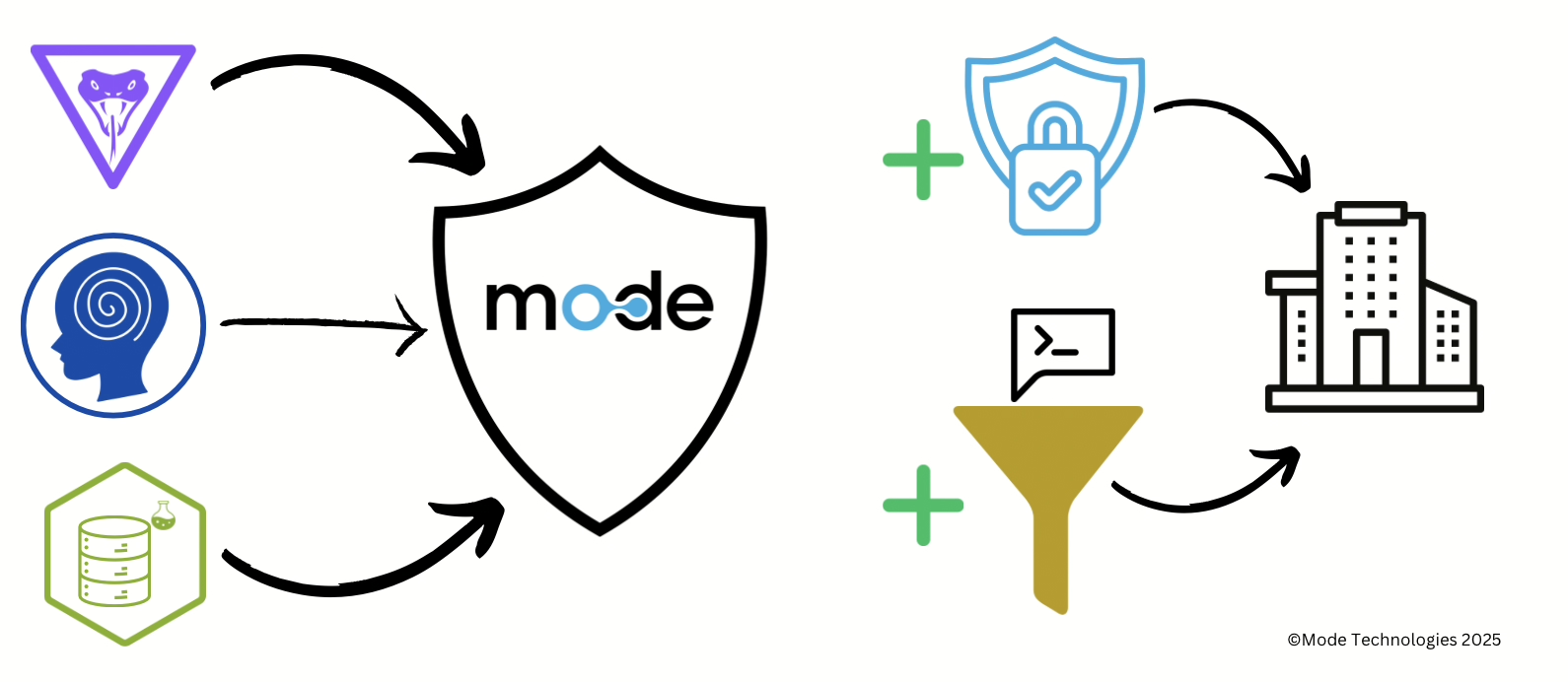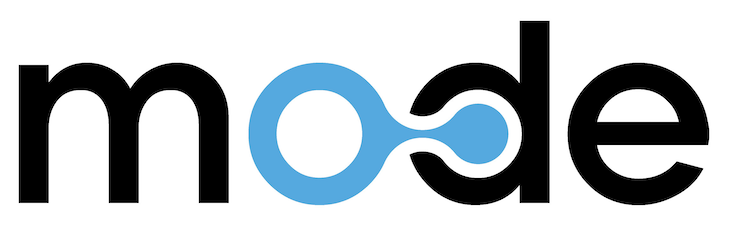Why Private AI is the Future: Security, Accuracy, and Full Control
Artificial intelligence is transforming industries, but not all AI solutions are created equal. Public AI models, while powerful, come with risks—data security concerns, reliance on synthetic data, and unpredictable outputs. For businesses that require precision, privacy, and full control, private AI offers a secure alternative. By keeping AI on-site and tailored to company-specific data, organizations can ensure reliable insights, safeguarded information, and optimized decision-making. In this article, we explore the key benefits of private AI and why it’s the smarter choice for businesses looking to integrate AI without compromise.

Prompt Filtering: Keep Your AI Aligned with Business Standards
Prompt filtering in private AI systems is a critical safeguard against unintended data exposure and misuse. Without proper controls, AI can be vulnerable to prompt injection attacks, where malicious users manipulate input queries to extract confidential information or generate unauthorized responses. Additionally, without filtering, AI models may inadvertently disclose sensitive business insights, financial projections, or internal communications, putting the organization at risk of compliance violations and data leaks.
Deploying prompt filtering within a private AI framework involves establishing predefined rules that screen for sensitive keywords, phrases, or structured queries that could lead to data breaches. These filters can be integrated at multiple levels—within the AI model itself, as part of an intermediary security layer, or at the user interface level to prevent harmful prompts before they reach the AI. By leveraging a customizable filtering system, businesses can ensure that their AI remains compliant with industry regulations and internal policies while maintaining operational transparency.
Organizations implementing robust prompt filtering will see immediate benefits, including enhanced data security, reduced liability, and improved AI reliability. AI responses remain within company-approved parameters, reducing the risk of misinformation, legal exposure, or reputational damage. Additionally, employees and decision-makers gain greater confidence in AI-generated insights, knowing that the system is designed to uphold strict security and compliance standards. As private AI continues to evolve, prompt filtering remains an essential component in securing and optimizing business AI deployments.
Access Control: Customize AI Responses Based on User Credentials
Access control in private AI systems provides a structured approach to managing information security, ensuring that different users receive responses tailored to their level of authorization. Without controlled access, AI models can inadvertently expose sensitive or proprietary data to unauthorized individuals, creating significant security and compliance risks. A public AI model, for example, treats all users equally, responding to queries based solely on input without considering the context of who is asking. This lack of distinction can lead to unintended leaks of confidential financial data, trade secrets, or internal communications, even when employees interact with the AI in good faith.
Deploying access control within a private AI system involves defining role-based permissions that determine the depth of information available to different users. This can be accomplished through authentication mechanisms such as user credentials, security tokens, or enterprise identity management integrations. By structuring AI responses based on user authorization, the same query could yield varying levels of detail—an executive might receive a full financial forecast, while an entry-level employee might only see generalized trends. This approach ensures that AI remains an effective tool for business intelligence without compromising the integrity of confidential data.
Organizations that implement access control in their AI deployments benefit from enhanced security, better regulatory compliance, and improved operational efficiency. Sensitive information is shielded from unauthorized access, reducing the risk of internal data leaks or inadvertent exposure. By ensuring that employees only see what is relevant to their role, businesses also improve workflow efficiency, reducing information overload while maintaining clear access to critical insights. This controlled structure fosters greater trust in AI tools, encouraging broader adoption while aligning AI-driven decision-making with the company’s security protocols.
Reduce Synthetic Data Dependence: Use Real, Reliable Business Insights
Relying on synthetic data in AI training can introduce inconsistencies, inaccuracies, and biases that impact decision-making, especially in business environments where precision is critical. Many public AI models use synthetic data to supplement real-world datasets, attempting to fill gaps where actual business data is unavailable. While this approach can improve model performance in general applications, it often leads to unreliable outputs when applied to specific industries. In sectors requiring highly accurate forecasting, operations management, or financial planning, synthetic data can introduce distortions that misalign AI-generated insights with real-world conditions.
Private AI eliminates the need for synthetic data by training directly on an organization’s authentic, structured, and verified business information. Instead of relying on approximations, a private AI model can be tailored to understand actual company workflows, historical trends, and operational constraints. By grounding AI training in real data rather than artificially generated scenarios, businesses ensure that outputs reflect precise, contextually relevant insights. This results in AI models that not only provide more accurate recommendations but also remain adaptable to the evolving needs of the organization.
Businesses that reduce their reliance on synthetic data see greater accuracy, improved reliability, and stronger alignment between AI-driven insights and actual business conditions. Decision-makers gain confidence in AI-generated forecasts, knowing that they are based on factual, company-specific data rather than generalized trends. This also leads to better resource allocation, as AI-driven recommendations reflect true operational constraints rather than assumptions. With a private AI deployment, organizations retain full control over the data used for training, eliminating the uncertainty that comes with external, pre-trained models and ensuring that AI-driven insights contribute directly to business success.
Protect Against Data Poisoning: Secure Your AI from External Manipulation
Data poisoning is a critical threat to AI systems, where malicious or manipulated data is introduced during training or inference to alter the model’s behavior. Public AI models, which rely on vast and often uncontrolled datasets, are particularly vulnerable to this attack vector. Bad actors can inject misleading, biased, or harmful data into publicly accessible sources, causing AI models to produce skewed or unreliable outputs. In an industrial or financial setting, data poisoning could lead to flawed operational forecasts, incorrect process optimizations, or even deliberate misinformation that damages business decision-making.
Private AI deployments mitigate this risk by maintaining strict control over data sources, training environments, and security protocols. Unlike public models that aggregate information from external inputs, private AI is trained solely on verified internal data, eliminating exposure to untrusted sources. By implementing rigorous data validation processes and access controls, organizations can prevent unauthorized modifications and ensure that only high-quality, vetted data influences AI decision-making. Additionally, deploying internal monitoring mechanisms allows businesses to detect anomalies and respond proactively to potential security threats before they affect system performance.
Organizations that protect their AI against data poisoning benefit from greater security, consistent model performance, and trust in AI-driven insights. AI remains a reliable tool for forecasting, diagnostics, and automation, free from external manipulation. This ensures that business decisions are based on accurate, unaltered data rather than compromised or adversarial inputs. With a secure private AI model, companies maintain full authority over their training data and operational processes, safeguarding the integrity of their AI-driven strategies.
Minimize AI Hallucinations: Improve Accuracy with Controlled Data
AI hallucinations—instances where an AI generates false or misleading information—are a persistent challenge in public AI models. These errors occur when the model lacks sufficient relevant data or attempts to fill gaps with fabricated content, often leading to inaccurate, unreliable, or even nonsensical outputs. In a business setting, such inaccuracies can be costly, causing misinformed decisions in financial forecasting, operations management, and process automation. Public AI models, trained on vast and often unverified datasets, are particularly prone to this issue, as they prioritize generating plausible responses over ensuring absolute accuracy.
Private AI significantly reduces the risk of hallucinations by operating within a controlled environment, using only verified, domain-specific data. Because the model is trained exclusively on company-approved information, there is no reliance on external data sources that may introduce inconsistencies or factual errors. Additionally, private AI can be pruned and optimized to focus on relevant operational and financial contexts, further refining its ability to deliver precise and actionable insights. By eliminating unnecessary or speculative data, the AI remains aligned with actual business conditions rather than generating unfounded assumptions.
Businesses that deploy private AI models benefit from higher accuracy, more reliable decision-making, and improved trust in AI-driven insights. Employees and executives can confidently rely on AI recommendations, knowing that outputs are grounded in real, company-specific information rather than probabilistic guesses. By removing external data dependencies and optimizing the AI for focused applications, private AI becomes a dependable strategic asset, delivering insights that are as precise and actionable as the data it is built upon.
Why Private AI is the Smart Choice for Secure Business Growth
Private AI offers a level of security, accuracy, and control that public AI models simply cannot match. By implementing prompt filtering, businesses ensure their AI systems remain aligned with company policies and prevent unauthorized data exposure. Access control allows organizations to define who can retrieve specific insights, ensuring confidential information stays protected. With a reduced reliance on synthetic data, AI models produce more precise and relevant outputs, eliminating the inaccuracies common in publicly trained systems. Protection against data poisoning further strengthens AI reliability by preventing external manipulation, while the reduction of AI hallucinations ensures that every insight is rooted in real, verifiable business information.
Together, these advantages make private AI the ideal choice for businesses that require precision, confidentiality, and operational intelligence without compromise. Whether your focus is on automation, forecasting, or business process optimization, a private AI system ensures that decisions are based on factual, company-specific data—not unreliable, crowdsourced information.
At Mode Technologies, we specialize in building and deploying secure, cloud-free AI solutions tailored for industrial and enterprise applications. Our expertise ensures that your AI remains fully under your control, integrating seamlessly into your existing infrastructure while maintaining the highest standards of security and performance. If you're ready to harness the power of AI without the risks of public models, Contact Us today to explore how a private AI solution can transform your business.
